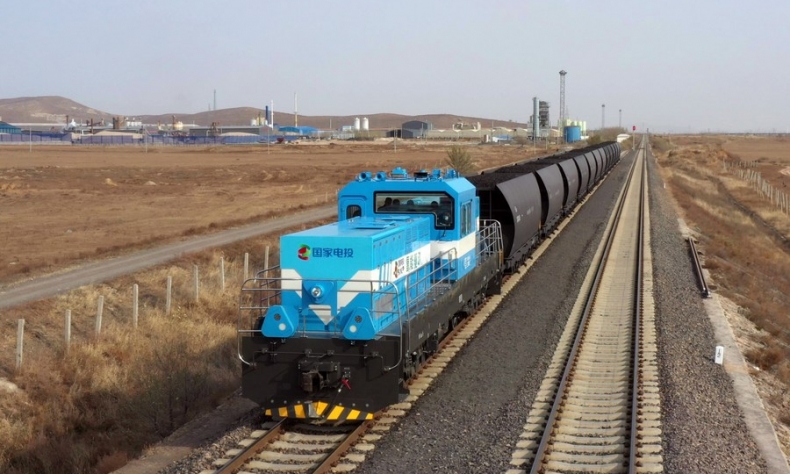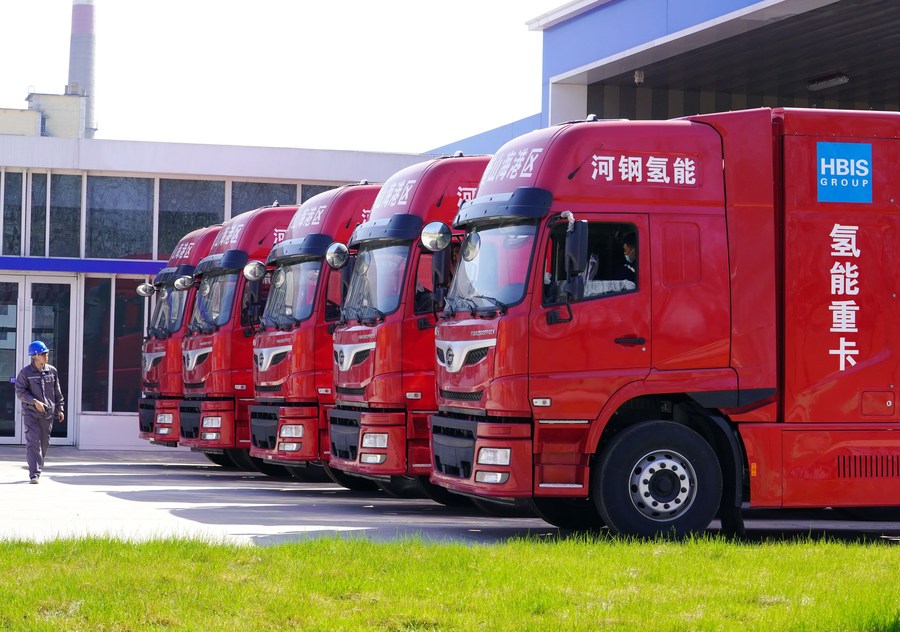China, a Key Player in the Green Energy Push

China produced roughly 33 million tons of hydrogen in 2021, making it the world’s largest producer thereof. By 2035, the proportion of hydrogen produced from renewable energy will increase significantly.
The promotion of infrastructure construction and investment in hydrogen for industrialization purposes requires a further supply of and demand for hydrogen energy, officials and experts said at a sub-forum during the Boao Forum for Asia (BFA) annual conference, which runs from April 20-22 in Boao, south China’s Hainan Province.
This year’s BFA focuses on how the world should cooperate in the pursuit of economic recovery following the COVID-19 pandemic and the building of a shared future. The spotlight will be on green governance, particularly the hydrogen energy industry, given the path to net zero heavily relies on technological breakthroughs in energy efficiency and the use of clean energy.
“China’s hydrogen energy industry will be key to the country’s carbon peaking and neutrality goals–to be achieved before 2030 and 2060, respectively,” Wang Naixiang, Chairman of China Beijing Green Exchange, said at the forum.

Yet Wang pointed out that the development of hydrogen energy also needs to break through the bottlenecks in investment and financing. Data show that in 2030, hydrogen energy will require $700 billion in direct investment; the future holds a trillion-level market. Further statistics predict that hydrogen energy will account for 22 percent of global energy by 2050, he added.
China produced roughly 33 million tons of hydrogen in 2021, making it the world’s largest producer thereof. By 2035, the proportion of hydrogen produced from renewable energy will increase significantly, according to a plan jointly released by the National Development and Reform Commission and the National Energy Administration in March.
Nevertheless, the development of hydrogen energy as of yet has a long and winding road ahead. Many worry about whether its cost will be acceptable to the market and whether it will prove competitive. According to Deng Jianling, General Manager of China Huaneng Group Co. Ltd., with technological advancements, the market will surely become more open to said energy. “I remain very optimistic about its development prospects,” Deng said.
Continued technological innovation is crucial in the promotion of industrial progress.
To address these challenges, global economies should intensify their collaboration. More specifically, the green transition is a worldwide challenge, Martina Merz, CEO of German conglomerate ThyssenKrupp, told the forum. “Its success relates to the success of a country and even that of the world by large. We must make every effort we possibly can to deal with this situation.”
 Facebook
Facebook
 Twitter
Twitter
 Linkedin
Linkedin
 Google +
Google +










